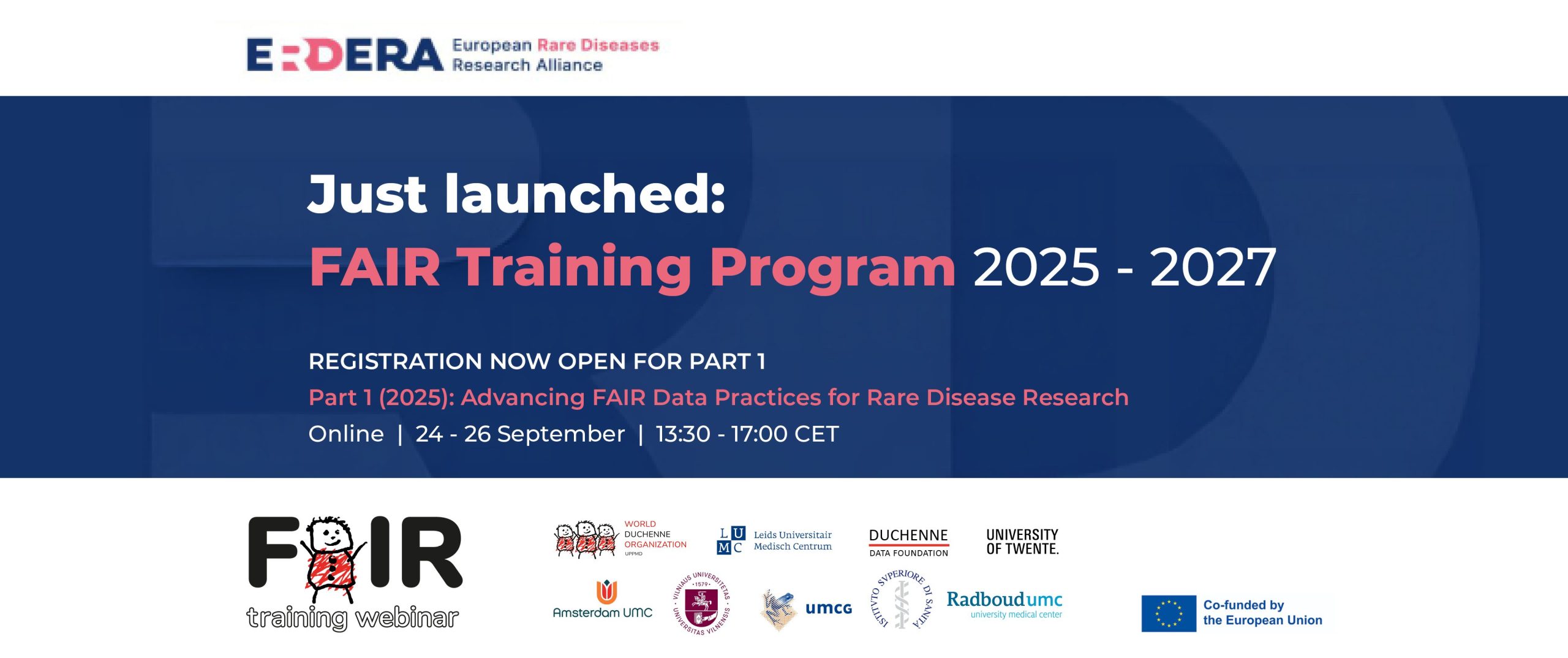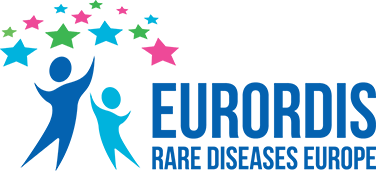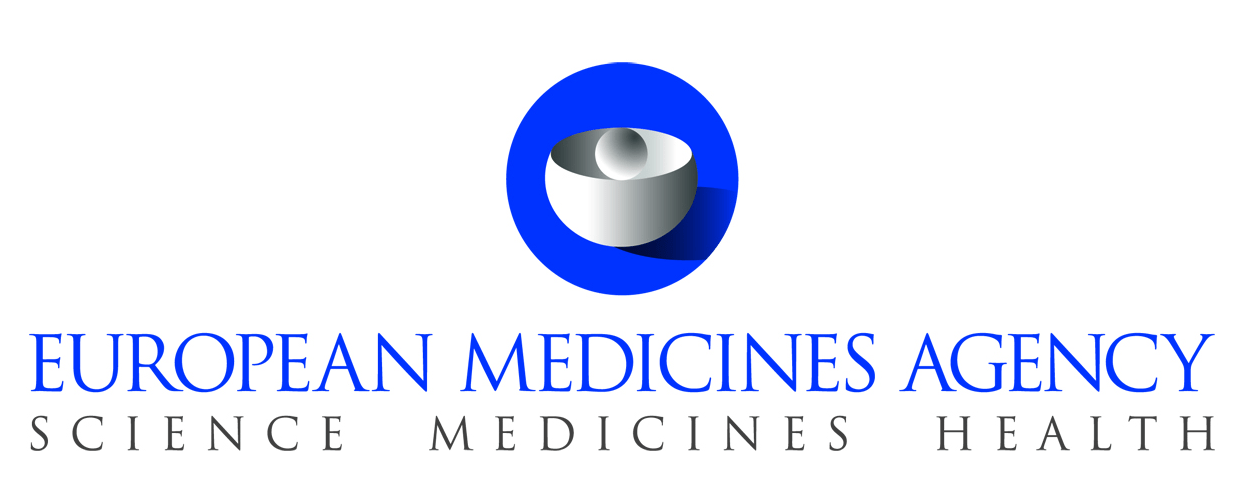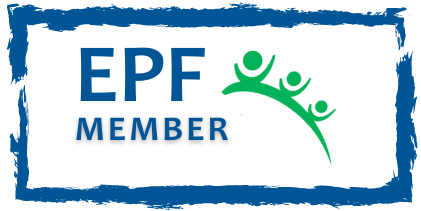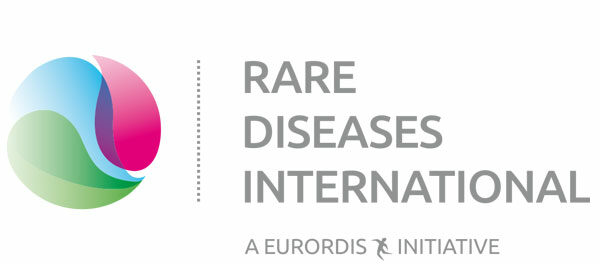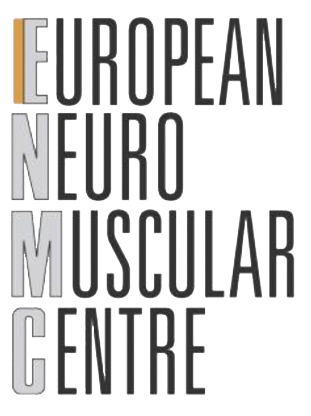FAIR Training Program 2025 – 2027: Registration now open for Part 1
Advancing FAIR Data Practices for Rare Disease Research
Part 1 (2025) of the FAIR Training Program is now open for registration. The online event is jointly organised by ERDERA and their associated partners and hosted by the World Duchenne Organization. The FAIR Training Program 2025 – 2027 operates under the framework of ERDERA and aims to equip participants with theoretical understanding and practical tools for implementing the FAIR data principles – Findability, Accessibility, Interoperability, and Reusability – in the context of health research and rare diseases.
This training event forms part of a series of three annual training opportunities to master FAIR principles in practice. The first event will take place online from 24 to 26 September 2025, with daily sessions scheduled between 13:30 and 17:00 CET.
Target audience
The FAIR Training Program targets for researchers, healthcare professionals, data stewards, funders, and patient organisation representatives. It is open to anyone interested in learning how to make data more Findable, Accessible, Interoperable, and Reusable (FAIR). No prior experience with FAIR is required. Participants will benefit from interactive sessions designed to be accessible to both beginners and intermediate-level users.
Learning objectives
The FAIR Training Program is designed to foster:
- Understanding of the value and benefits of FAIR data principles.
- Familiarity with best practices for FAIRification – the process of making data FAIR.
- Practical skills in evaluating, modeling, and querying FAIR data using semantic web technologies.
- Awareness of the legal, ethical, and governance aspects relevant to health data reuse, including GDPR.
The training will be delivered through a combination of expert-led presentations, real-world case studies, interactive activities such as FAIR games, and dynamic Q&A sessions, creating an engaging and practical learning environment.
Learning outcome
Upon completing the training, participants will be able to explain the importance of FAIR metadata and outline the key steps involved in making data FAIR. They will gain the skills to propose a FAIRification process to relevant stakeholders and describe how to model and convert data into machine-readable formats.
Program
Day 1 – The Why
Firstly, participants will explore the value proposition of FAIR data, with presentations by leading voices in the field including Mark Wilkinson, the leading author of The FAIR Guiding Principles for Scientific Data Management and Stewardship and a series of case studies from FAIR projects involving rare disease data infrastructures. Speakers will discuss both key achievements and the practical challenges encountered in FAIRification processes.
Day 2 – The What
Focusing on the FAIR Principles and FAIR Project Management, this day includes:
- An overview of FAIR from both patients and researchers’ perspectives.
- The (Un)FAIR game: an interactive exercise designed to highlight pitfalls in data management.
- A detailed walkthrough of the FAIRification process and lessons from ongoing rare disease registry initiatives such as those implemented by ERN EURO-NMD.
Day 3 – The How
On the final day, participants delve into advanced concepts and tools:
-
- Semantic modeling and querying FAIR data with SPARQL.
- Legal and ethical considerations including GDPR compliance.
- Future directions for FAIR within the European Health Data Space (EHDS) and initiatives such as JARDIN and ERDERA.
The day concludes with take-home messages and strategic reflections on how to build sustainable, FAIR-aligned data ecosystems for rare diseases.
Why should I join the FAIR Training Program?
High-quality, interoperable health data is increasingly seen as a cornerstone of modern biomedical research and personalized medicine. In the field of rare diseases, where data is scarce and fragmented, adherence to FAIR principles is particularly crucial. FAIR data enables better diagnosis, treatment personalization, and supports robust translational research efforts.
As the European Commission advances its EHDS strategy, initiatives like the FAIR Training Program play an important role in training a new generation of professionals capable of aligning with the evolving regulatory and technical landscape. The FAIR Program will continue in 2026 with practical sessions online and in 2027 with an in-person training with leading FAIR Experts (Location to be confirmed).
Registration
Participation in the FAIR Training Program 2025 is free of charge but subject to registration.
Register for the FAIR Training Program: Part 1
 |
ERDERA has received funding from the European Union’s Horizon Europe research and innovation programme under grant agreement N°101156595. Views and opinions expressed are those of the author(s) only and do not necessarily reflect those of the European Union or any other granting authority, who cannot be held responsible for them. |

